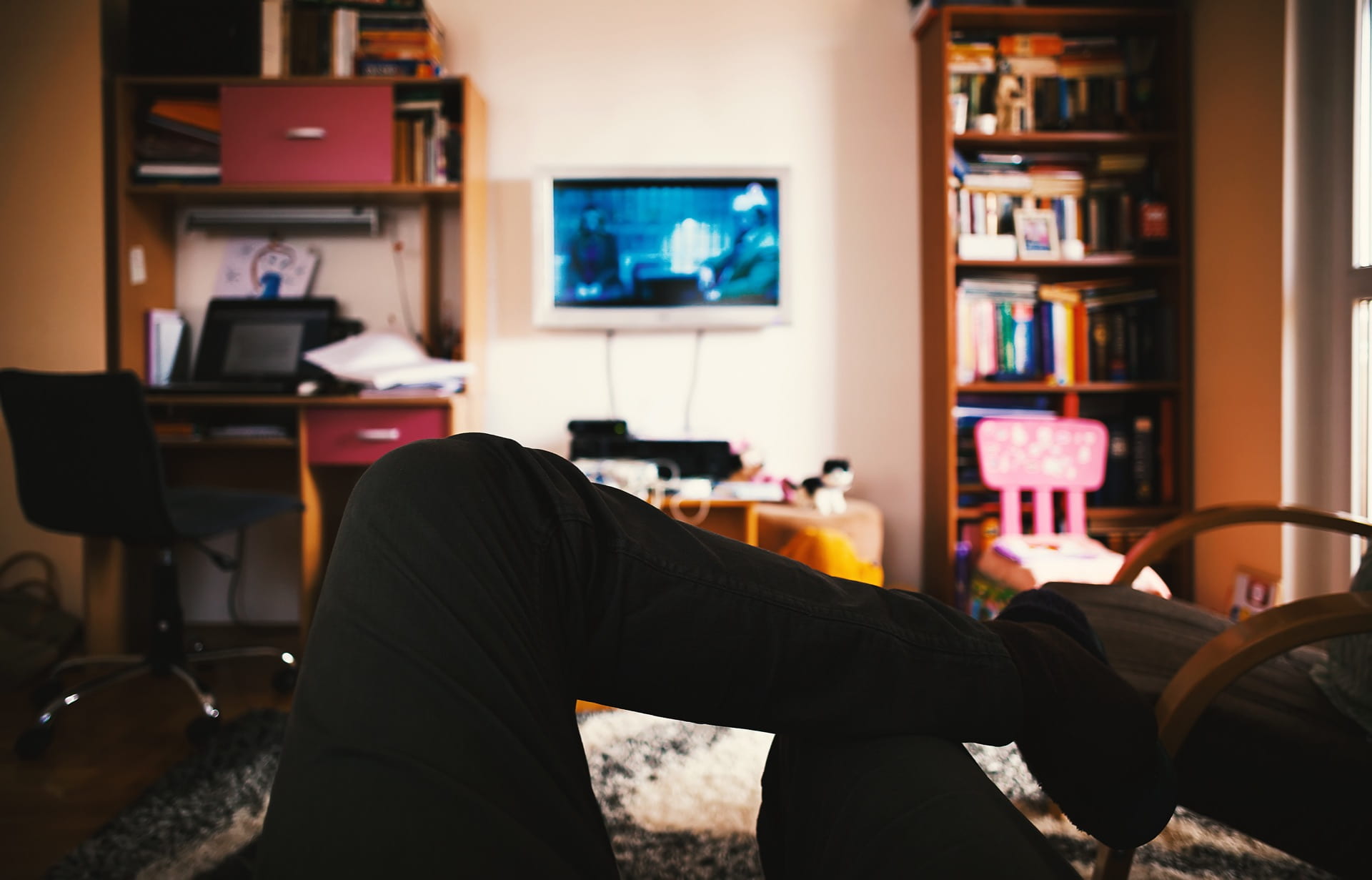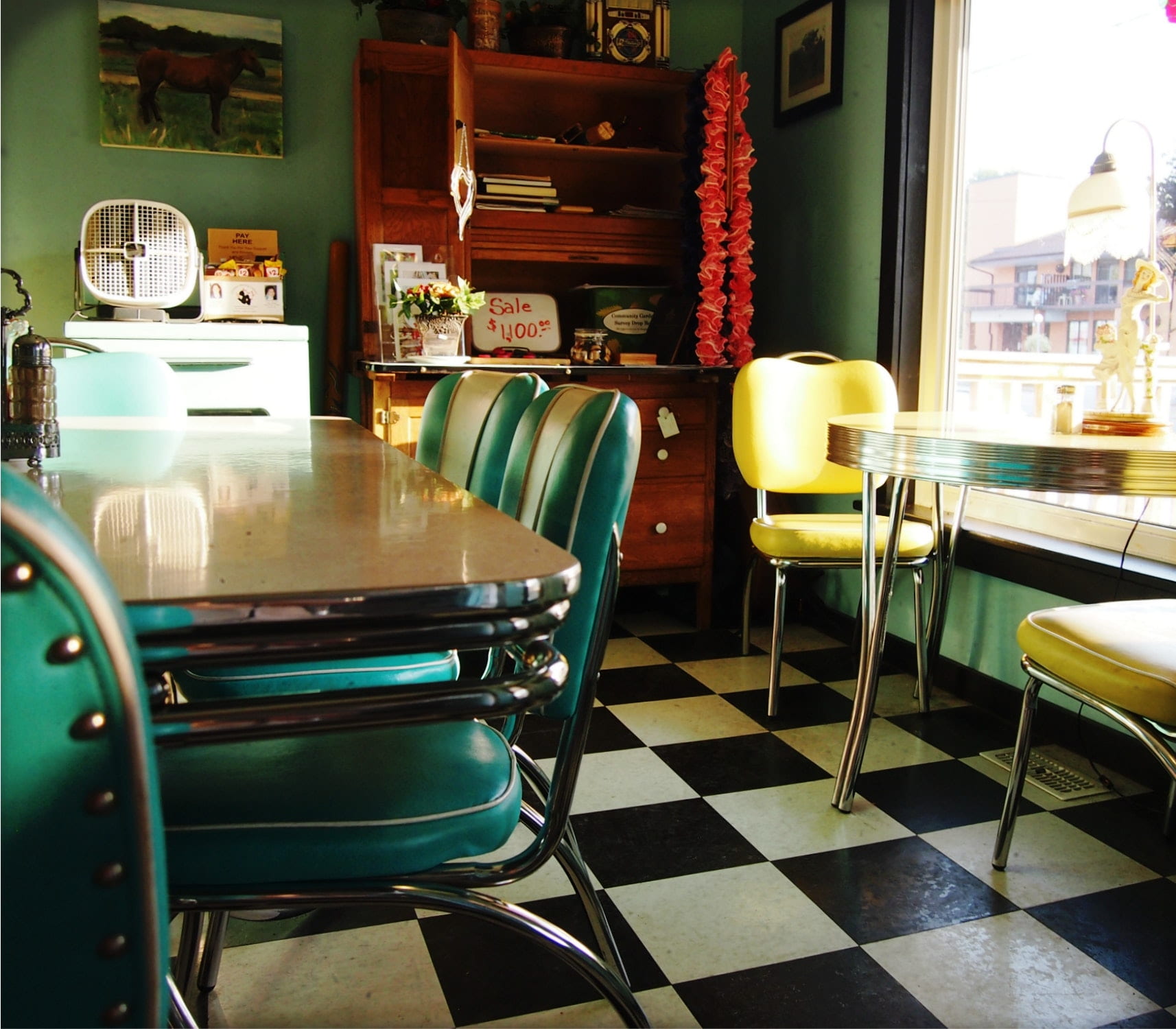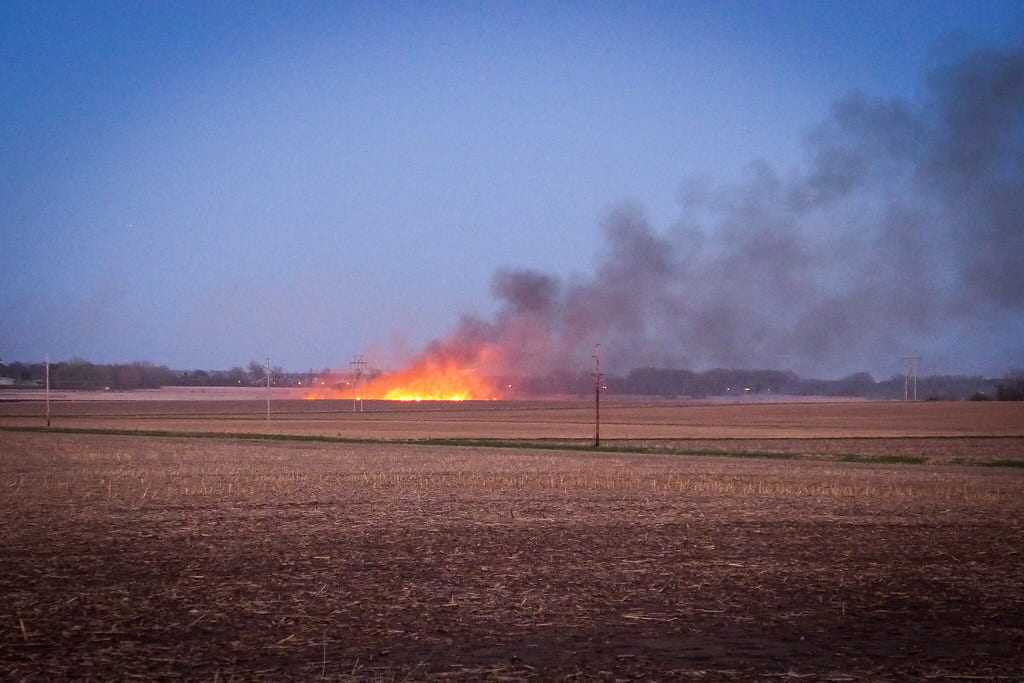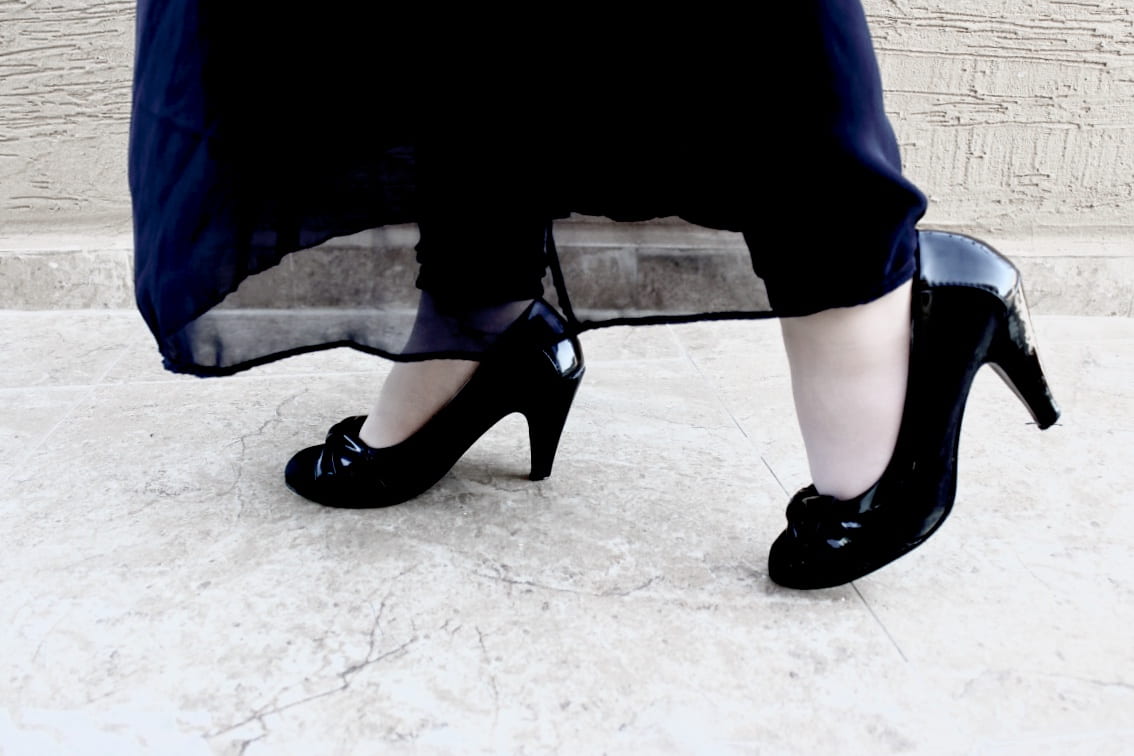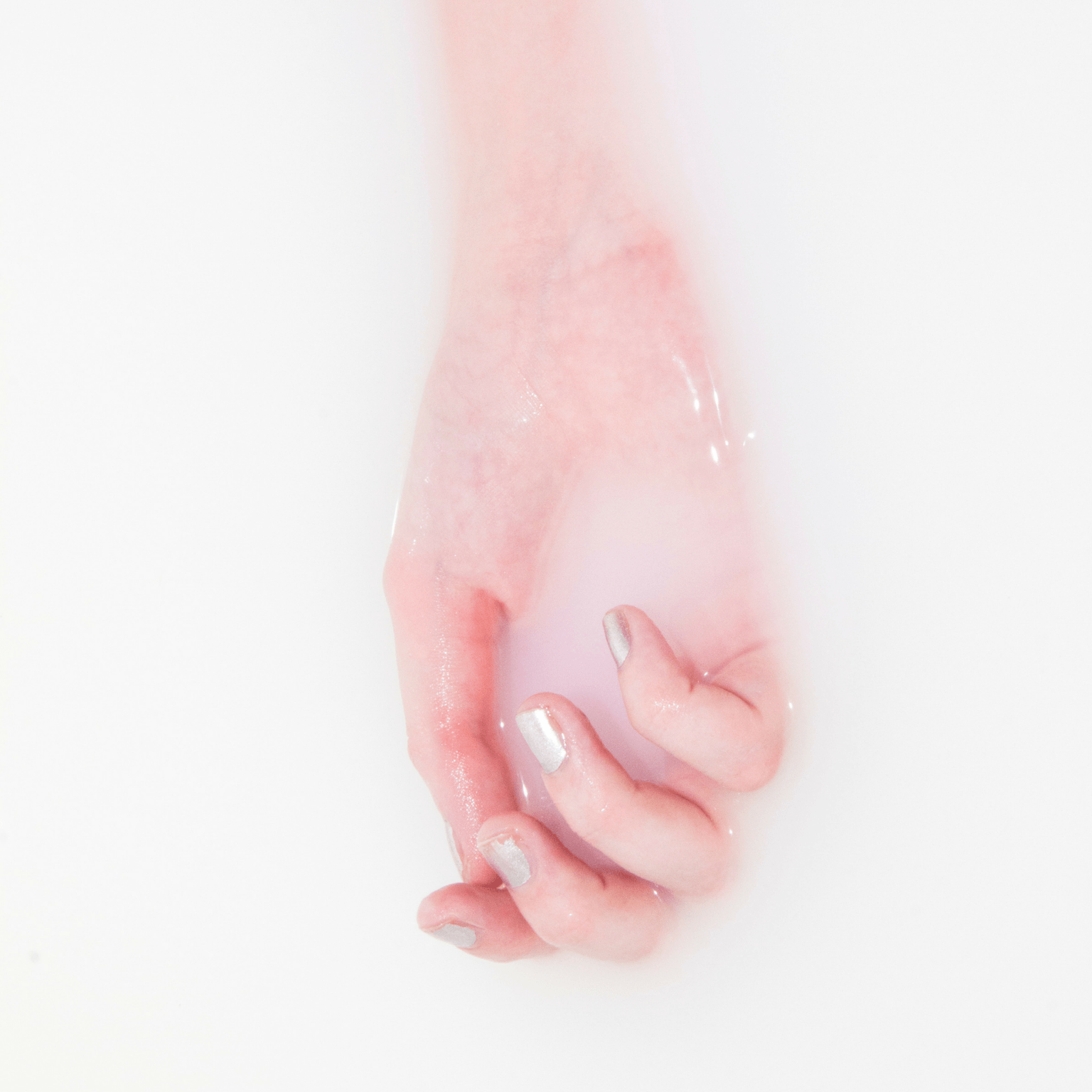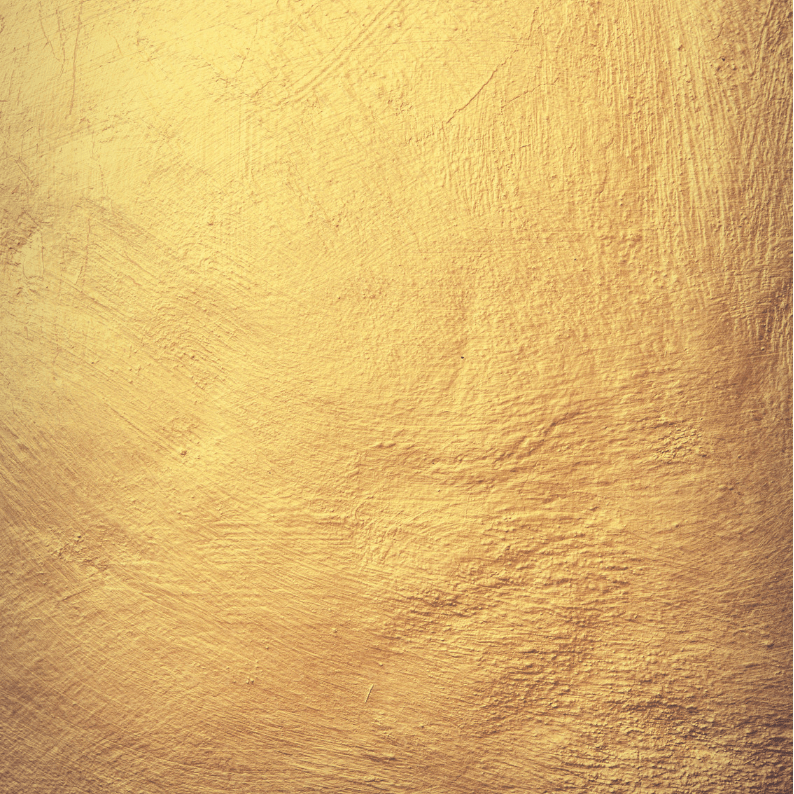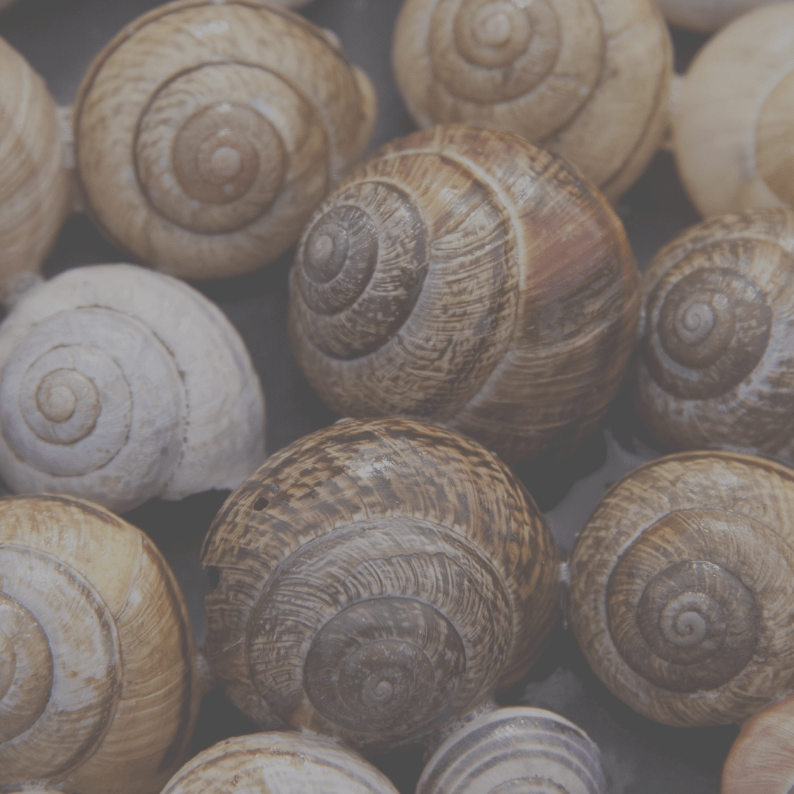Lower the boom, lower the cheese, lower
the flag and see who still salutes. Pieces
at half eight, a basket in the Presidential
rose garden, unsure which restroom is safe
or desirable. You find you can dip pretzels
in anything once you’ve had a couple
of joints and they still taste good. Breast
milk took some getting used to, but now
you favor it over ranch (the houses,
not the dressing). Keep pushing your shark
to level up, he slacks off on his training
regimen every time a Wapner rerun shows
up on the tube, but he responds well
to rewards of Jarlsberg, Limburger, Stilton.
Robert Beveridge (he/him) makes noise (xterminal.bandcamp.com) and writes poetry in Akron, OH. Recent/upcoming appearances in The Virginia Normal, Credo Espoir, and Chiron Review, among others.
Thanks!
